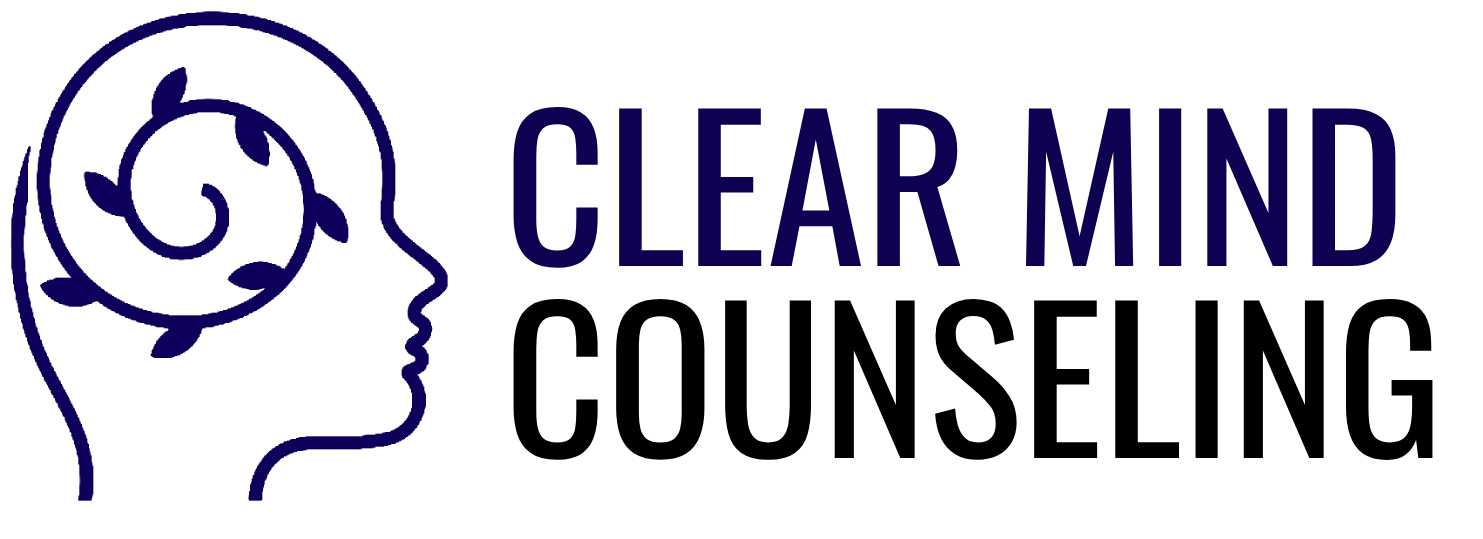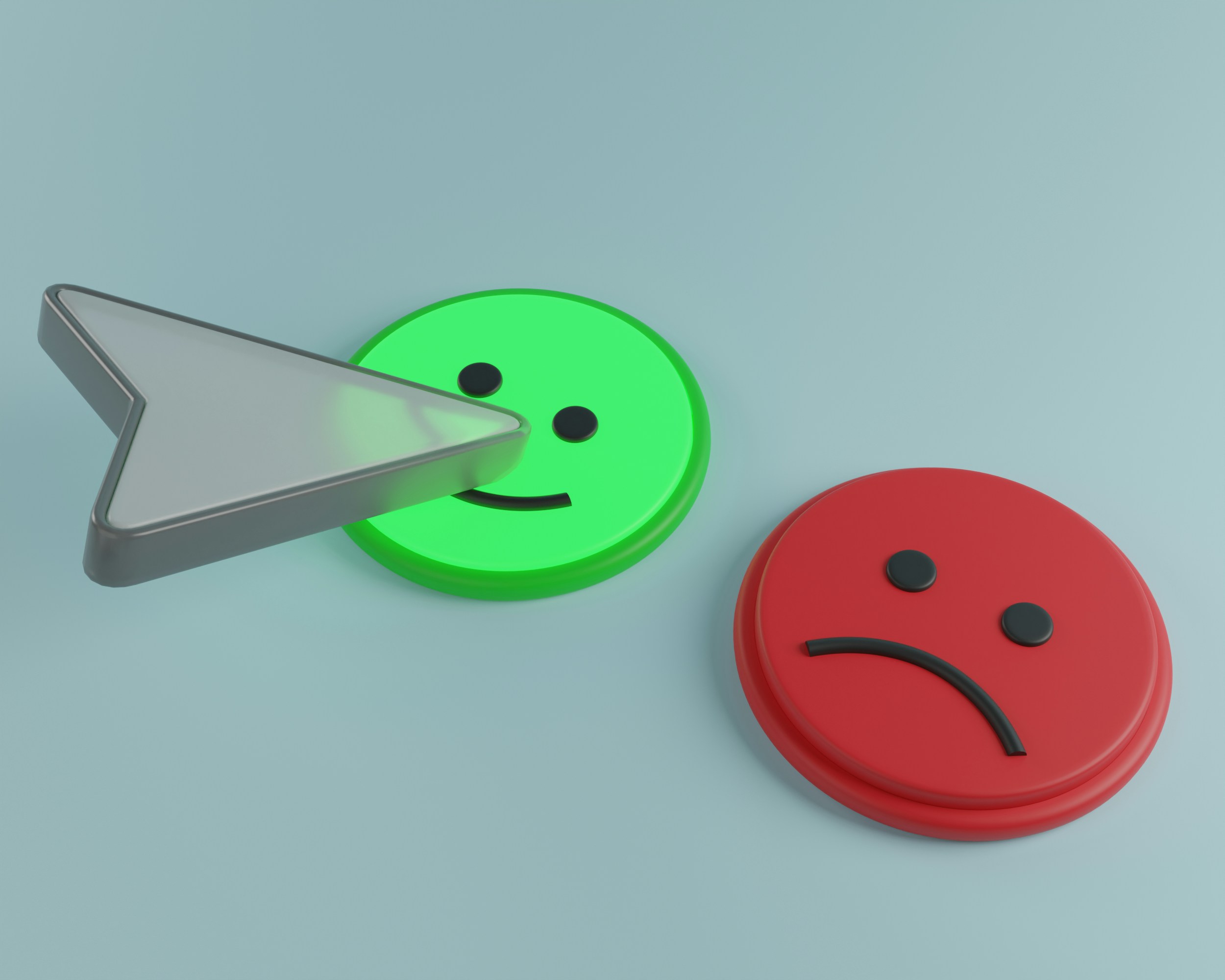When people hear “ADHD,” they often think of distraction, restlessness, or someone who can’t sit still. And while those traits are part of the picture, they only scratch the surface. ADHD is a neurodevelopmental condition that can shape how someone thinks, feels, and navigates the world around them. If we stop at the basics, we’re missing the full story.
After more than 20 years supporting children and adults with ADHD in both school and private counseling settings, I’ve come to understand how deeply ADHD impacts people in ways that aren’t always obvious. The more we recognize these layers, the better we can support folks with strategies that actually fit their needs.
No, It Doesn’t Just “Go Away”
One of the hardest messages I’ve had to deliver to clients over the years is this: ADHD doesn’t just disappear. But that doesn’t mean there’s no hope. In fact, the real power comes from learning how to work with your brain, not against it.
Sadly, many clients come in already feeling defeated—told by others that they’re lazy, irresponsible, or just need to try harder. We can’t talk about ADHD without acknowledging the shame and misinformation people carry. So before we talk “tips and tricks,” we have to undo the damage caused by that noise.
Strengths Often Overlooked
ADHD is not a flaw. It’s a different operating system. And it comes with some incredible strengths: creativity, passion, energy, unconventional thinking, and the ability to hyperfocus on things that matter. Treatment isn’t about fixing someone—it’s about finding the settings that work best for them.
Let’s Talk About the Other Stuff
Here are some of the lesser-known ways ADHD shows up that deserve way more airtime:
Emotional Dysregulation
This is a big one. Many folks with ADHD feel things intensely and struggle to regulate those emotions. That might look like snapping at something small, crying unexpectedly, or becoming overwhelmed with excitement. It’s not about being dramatic—it’s about the brain having a harder time dialing the volume up or down.
Signs of emotional dysregulation:
- Quick temper or emotional outbursts
- Trouble calming down after getting upset
- Sensitivity to criticism or rejection
- Low frustration tolerance, impatience, or frequent mood swings
Executive Functioning Challenges
Executive functions are the mental skills that help us plan, focus, remember instructions, and manage multiple tasks. When these are out of sync, everyday things can feel ten times harder.
Some signs:
- Struggling to stay organized or manage time
- Forgetting appointments or losing track of tasks
- Trouble starting or completing projects
- Getting stuck in loops of overthinking or underplanning
“Wait Mode”
Ever block off your whole day for a 3 p.m. meeting and then get absolutely nothing done until then? That’s “wait mode”—a common ADHD pattern where anticipating an upcoming task freezes productivity.
Choice Paralysis
Too many options can feel like too much. Even simple decisions (What should I eat?) can become overwhelming. This can lead to overthinking, procrastination, and second-guessing every move.
Time Blindness
Time doesn’t always feel linear for folks with ADHD. You might think five minutes have passed when it’s been an hour—or the other way around. Estimating how long something will take or knowing when to start? That’s tough when your internal clock is unreliable.
Sensory Overload
Noise, lights, crowds, certain textures—it can all feel like too much, too fast. When the senses are overloaded, it’s easy to shut down or lash out. This can show up at work, at home, or even in social settings.
Sleep Struggles
ADHD and sleep issues often go hand-in-hand. Racing thoughts, inconsistent routines, or poor time awareness can make it hard to fall asleep—or stay asleep. It’s not uncommon for people with ADHD to feel perpetually tired, even when they’ve technically gotten a full night’s rest.
Final Thoughts
ADHD is not one-size-fits-all. Everyone experiences it differently. What’s important is recognizing the patterns, knowing you’re not alone, and realizing that support is out there. Whether it’s through counseling, coaching, medication, or all of the above—ADHD can be managed in ways that empower, not limit.
If this resonates, or if you’re wondering how ADHD might be showing up in your life or the life of someone you care about, reach out. Understanding is the first step. Support is the next.

